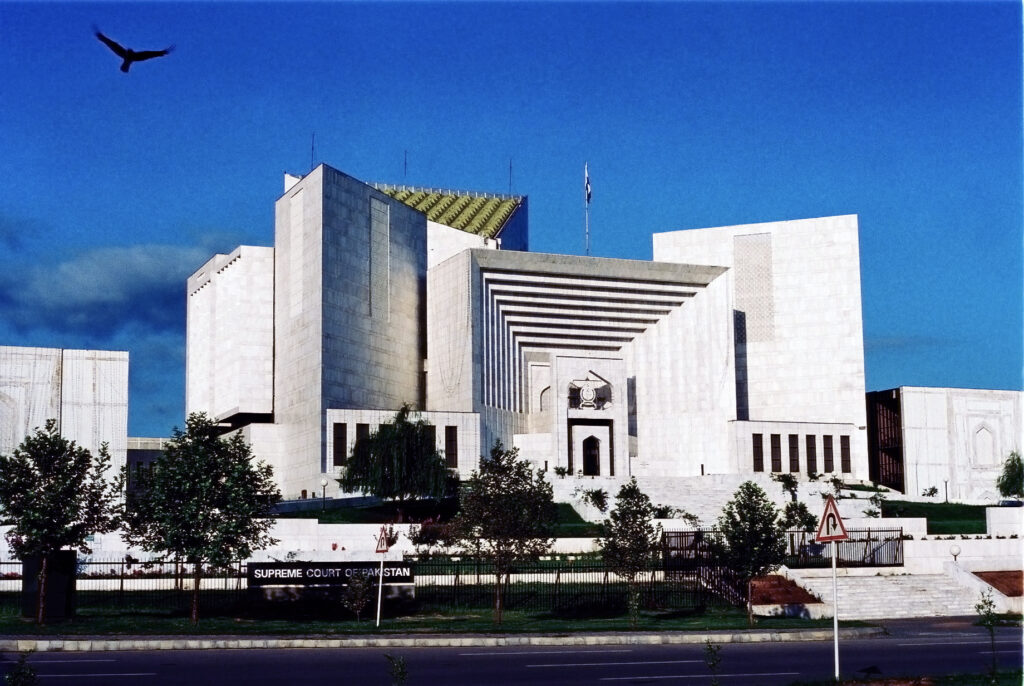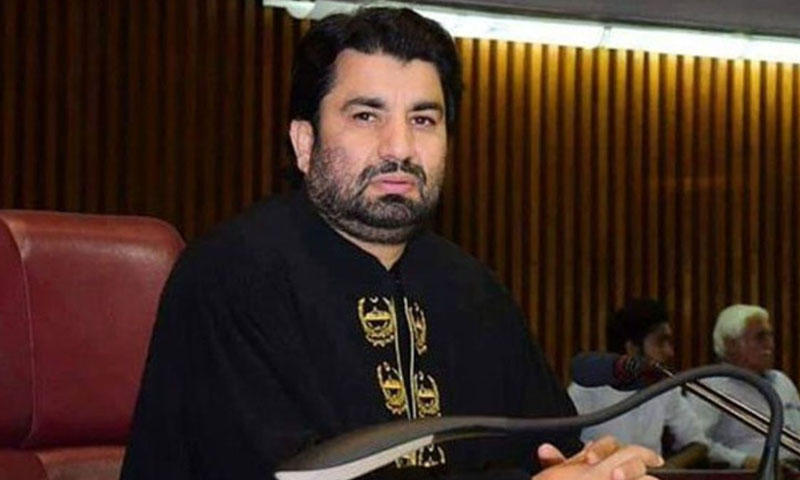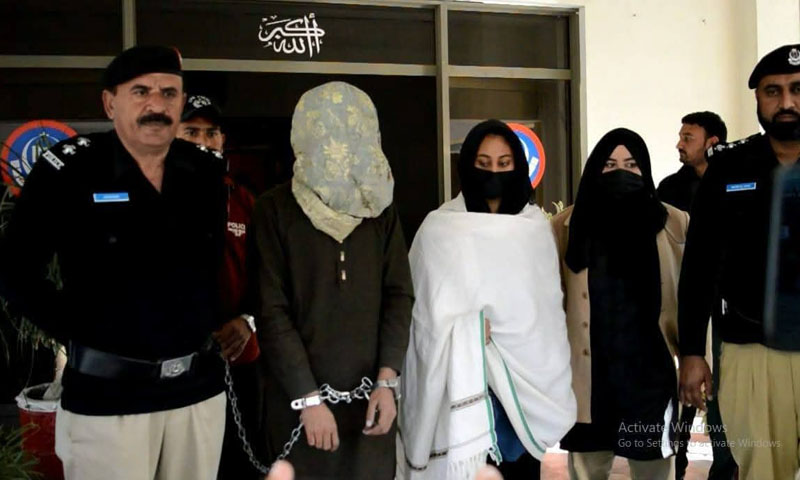- Web
- Feb 05, 2026
May 9 trials: SC conditionally allows military courts to announce verdicts
-

- Web Desk
- Mar 28, 2024

ISLAMABAD: The Supreme Court has granted conditional approval for military courts to issue reserved verdicts against civilians allegedly involved in the May 9 incidents.
A Supreme Court larger bench comprising six members, headed by Justice Amin-ud-Din Khan, presided over the hearing of intra-court appeals, challenging the trial of civilians in military courts. Justices Muhammad Ali Mazhar, Hassan Azhar Rizvi, Shahid Wahid, Musarrat Hilali, and Arfan Saadat Khan were also part of the bench.
During the proceedings, the Attorney General for Pakistan suggested the potential release of 15 to 20 accused individuals from special courts. He informed the court that currently, 105 accused individuals are under military custody.
The Attorney General outlined a three-stage process for the release of these individuals: first, the announcement of reserved verdicts; second, their ratification; and third, the granting of clemency by the army chief to those with lesser sentences.
The Attorney General requested the court to permit special courts to announce reserved verdicts. Justice Amin-ud-Din Khan emphasized that any permission granted would be contingent upon the final decision on the appeals under consideration.
Justice Hassan Azhar Rizvi sought disclosure of the names of individuals slated for release, to which the Attorney General responded that names cannot be disclosed until verdicts are announced by the special courts. He clarified that leniency would be granted to those with sentences of one year or less.
In the courtroom, Barrister Atizaz Ahsan expressed disappointment at the Attorney General’s statement, while lawyer Faisal Siddiqui noted that had the accused been tried in civilian courts, they would have already been released.
Justice Muhammad Ali Mazhar questioned whether he wanted to pursue cases in anti-terrorism courts, which carry minimum sentences of 14 years. To which, Faisal Siddiqui responded that bail might have been granted in such cases by anti-terrorism courts.
Justice Shahid Wahid inquired about the sections of FIRs against the suspects. The Attorney General explained that FIRs had been filed under the Official Secrets Act and anti-terrorism laws.
When asked why bail shouldn’t be granted to the accused, the Attorney General asserted that bail could only be considered after special courts announced reserved verdicts, indicating that bail could be granted only if the court deemed military law inapplicable.
Following the arguments, the Supreme Court conditionally permitted military courts to announce reserved verdicts, potentially resulting in the release of nominated individuals before Eidul Fitr.
The Attorney General assured the court that leniency would be extended to those with lesser sentences. The court reiterated that this permission was subject to the final decision on appeals and directed the Attorney General to submit a compliance report to the Registrar Office. The next hearing in the case was scheduled for the last week of April.




